Getting Groovy
In this case;
- The C Major chord, adds the A minor chord root note
- The F Major chord adds in the D minor root note
- The G Major chord adds in the E minor root note
This shuffle-type of strumming has many variations and is often not quite as ‘tight' as I am demonstrating. Truth is, the second strum (the up) can fall anywhere in between where the ‘&' of the triplet and the 'a' of the triplet, depending upon the groove you are playing. But don't worry too much about this until you start practicing the patterns above. Once you get the hang of it, try playing along to various blues songs at different speeds and you will soon pick up on the alternating shuffle positions.
NB: Music theory is a practice within itself, but the great thing is, you don't need to fully understand it before you can play it so give it a go and get your jam on.




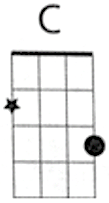
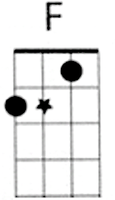
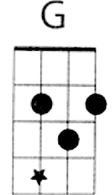
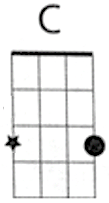
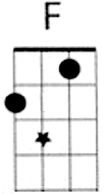
 RSS Feed
RSS Feed